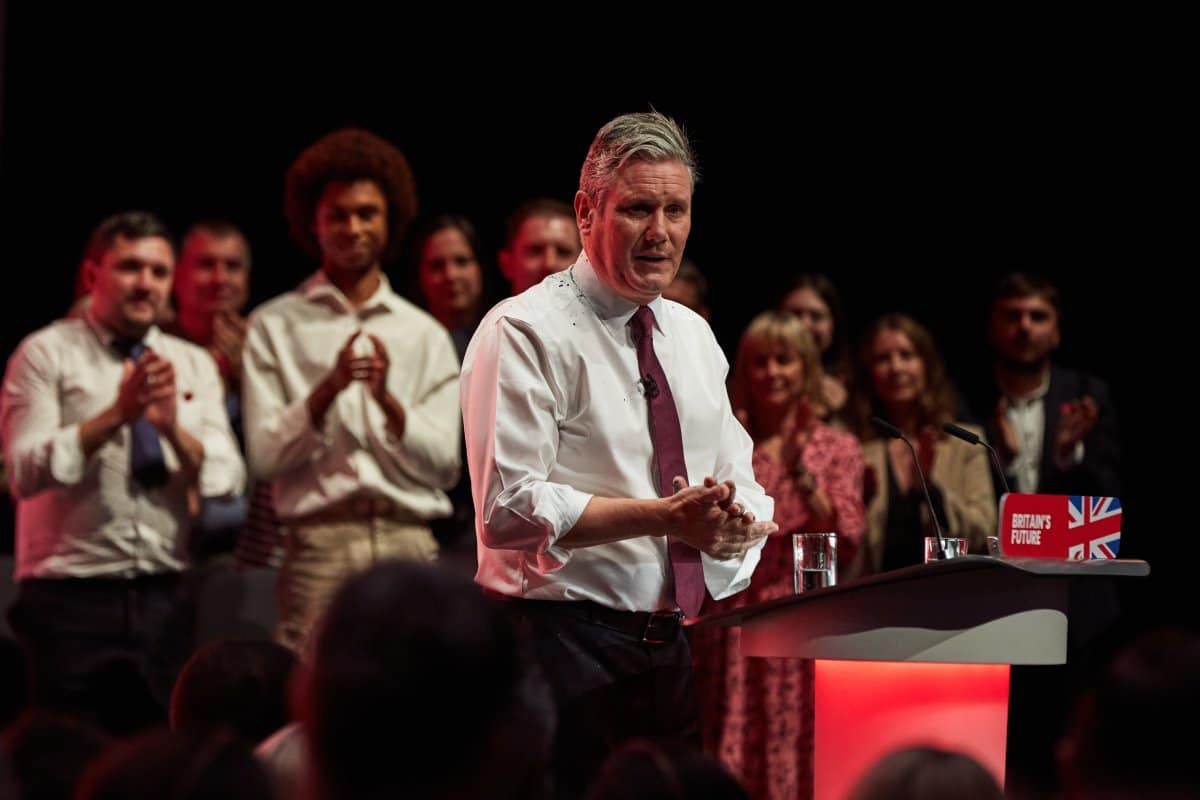With Labour’s commanding victory in the latest general election, Prime Minister Sir Keir Starmer’s administration is making subtle yet distinct moves that suggest a possible softening or even reversal of Brexit policies. Here’s a look at how Labour might be inching Britain back towards closer EU ties, whether through policy shifts or strategic diplomacy.
1. New Deal Aspirations
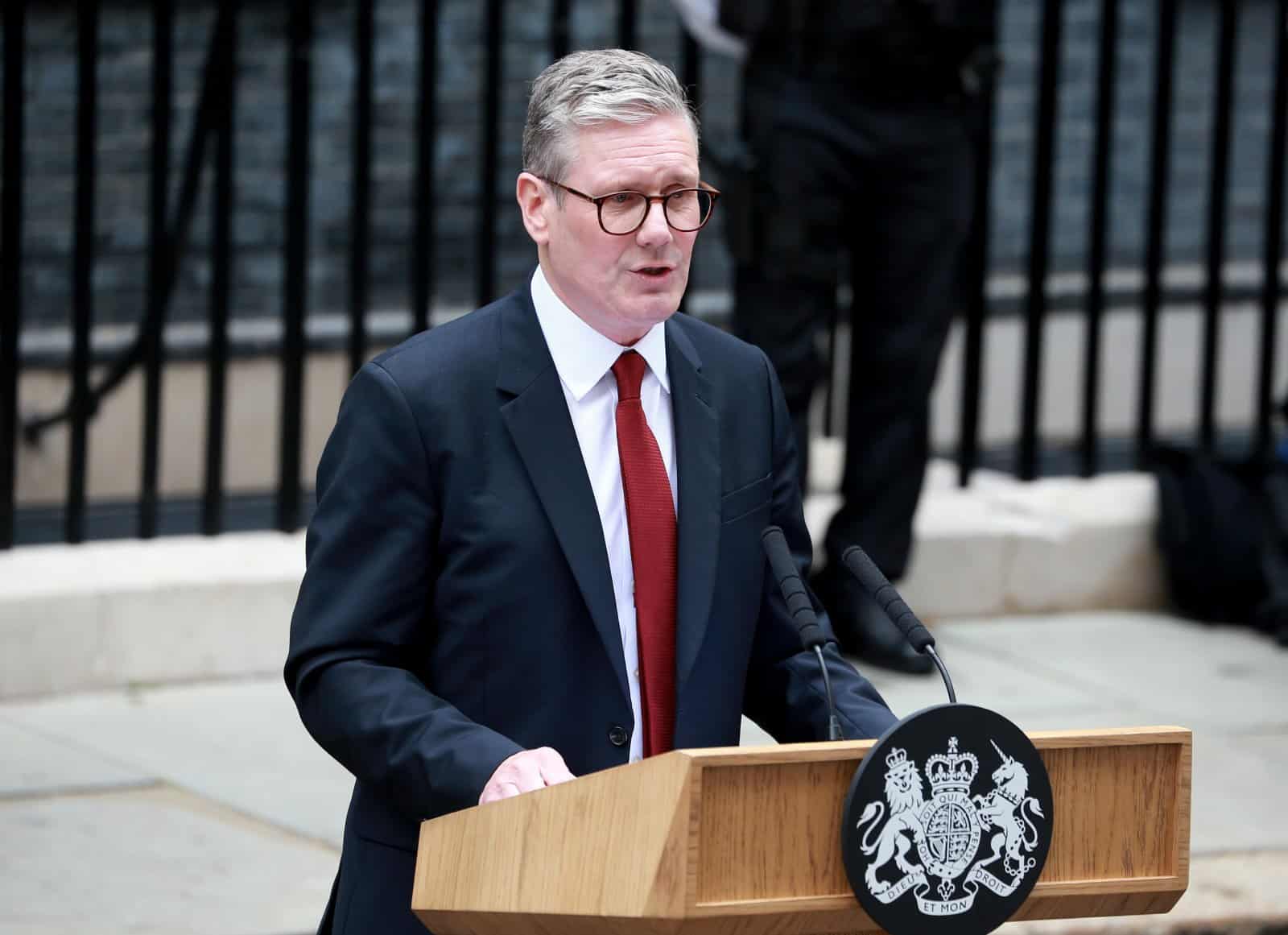
Prime Minister Keir Starmer’s recent statements in Edinburgh hint at a significant shift. He mentioned, “We can get a much better deal than the botched deal that Boris Johnson saddled the UK with.” This intent to renegotiate the Brexit deal suggests a closer alignment with the EU than previously endorsed by his predecessors.
2. David Lammy’s Diplomatic Overtures

Foreign Secretary David Lammy, in an article for The Local Europe, stated the new government’s plan to “reset relations with Europe as a reliable partner, a dependable ally, and a good neighbour.” His expected attendance at the EU Foreign Affairs Council signifies a proactive approach to restoring ties with the EU.
3. Irish Support for Closer Ties
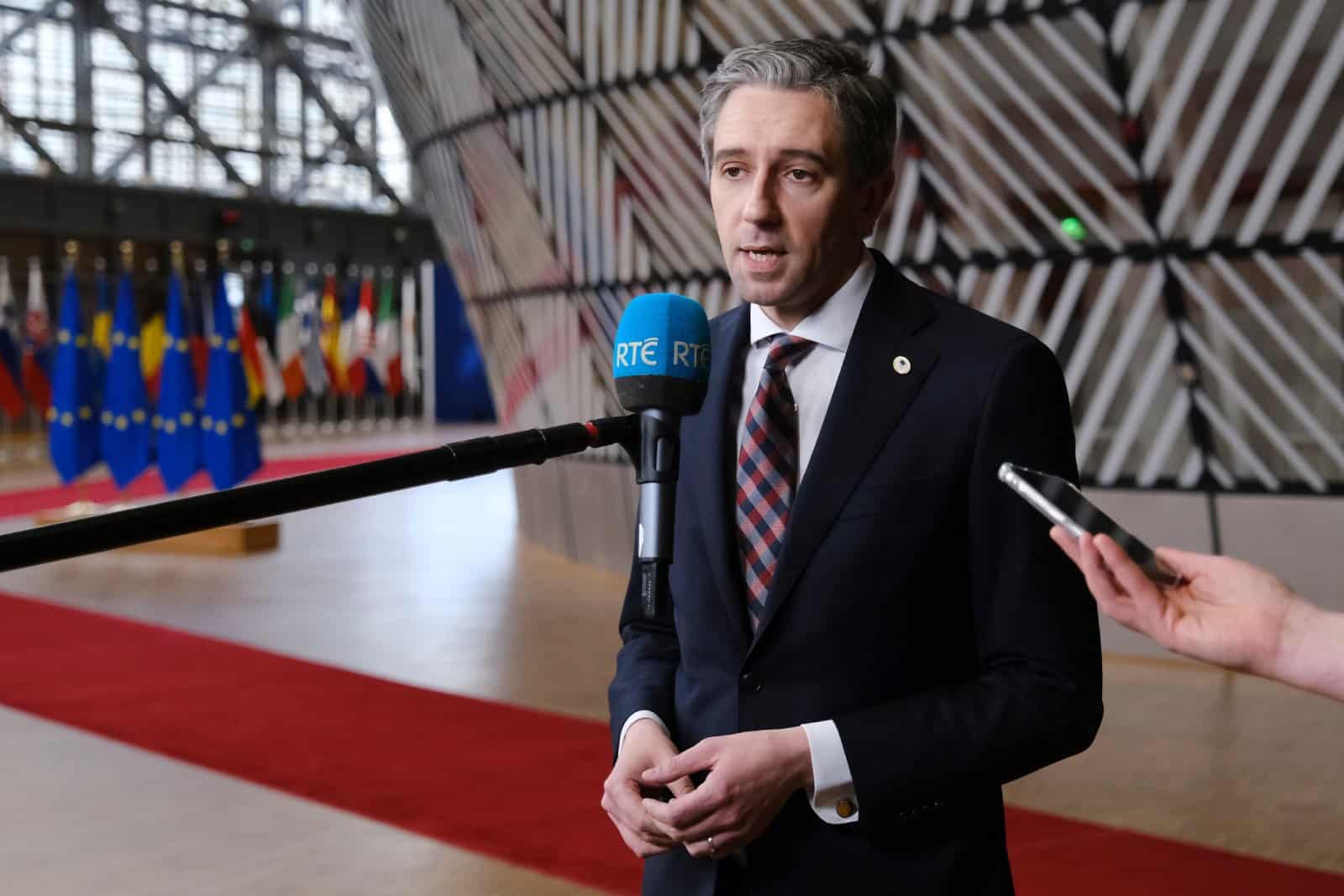
Irish Prime Minister Simon Harris has openly stated that the EU is willing to offer the UK a new deal on post-Brexit issues, acknowledging a “space” to work more closely. Harris pledged that Ireland would be an ally in negotiations, reinforcing the EU’s openness to revisiting arrangements with the UK.
4. Freedom of Movement Discussions

Though not fully endorsing the return of free movement, Labour’s approach hints at easing travel and work restrictions between the UK and EU. Jonathan Reynolds, the new Business Secretary, mentioned on Sky News the importance of “removing certain barriers to trade” and the need for recognising each other’s professional qualifications—a move that benefits labour mobility across borders.
5. Championing People-to-People Ties
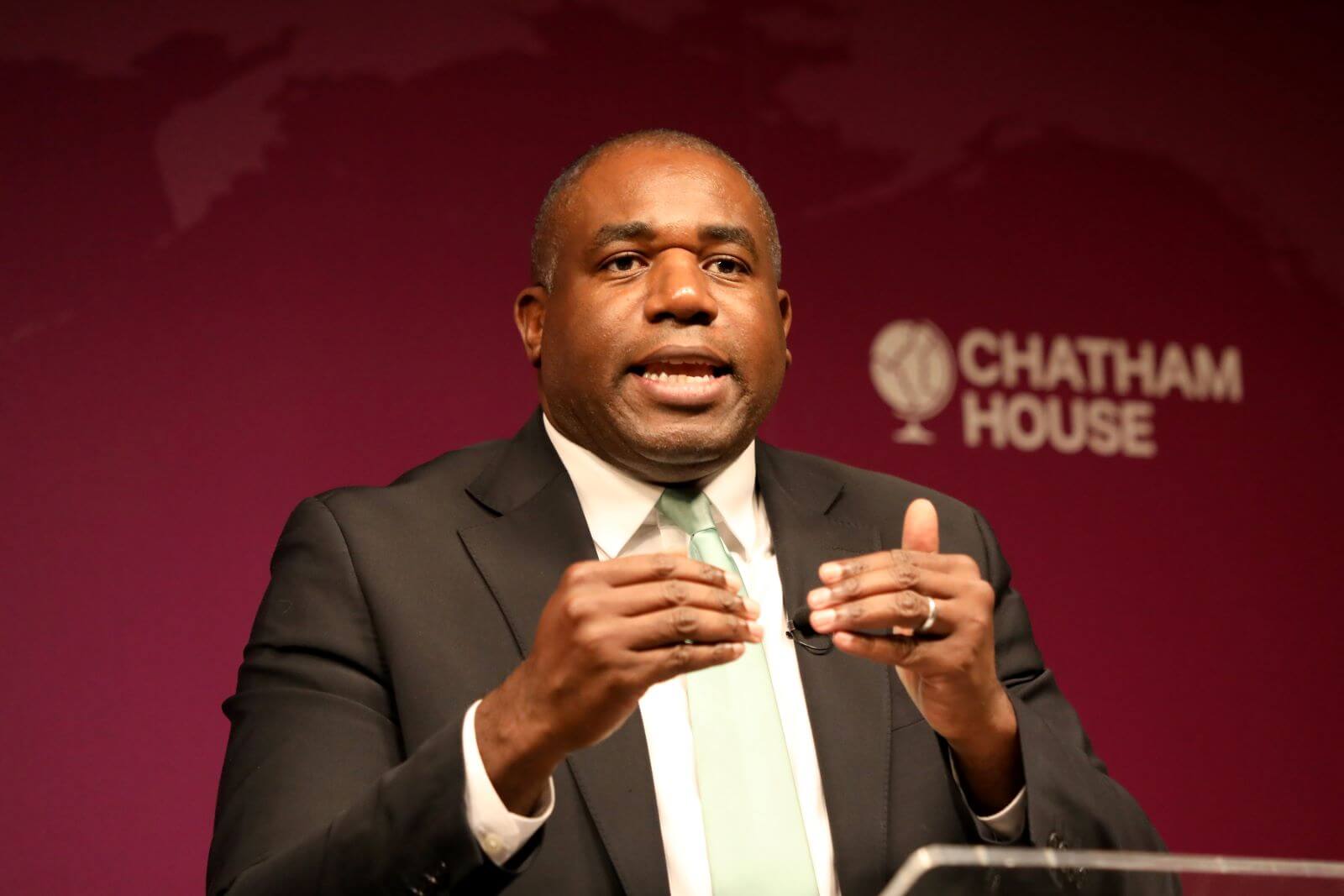
David Lammy also emphasized strengthening cultural and educational ties, citing “holidays, family ties, school and student exchanges, the arts, and sport” as areas for closer cooperation. This emphasis on people-to-people connections may subtly support greater integration with the EU.
6. Defence and Security Cooperation
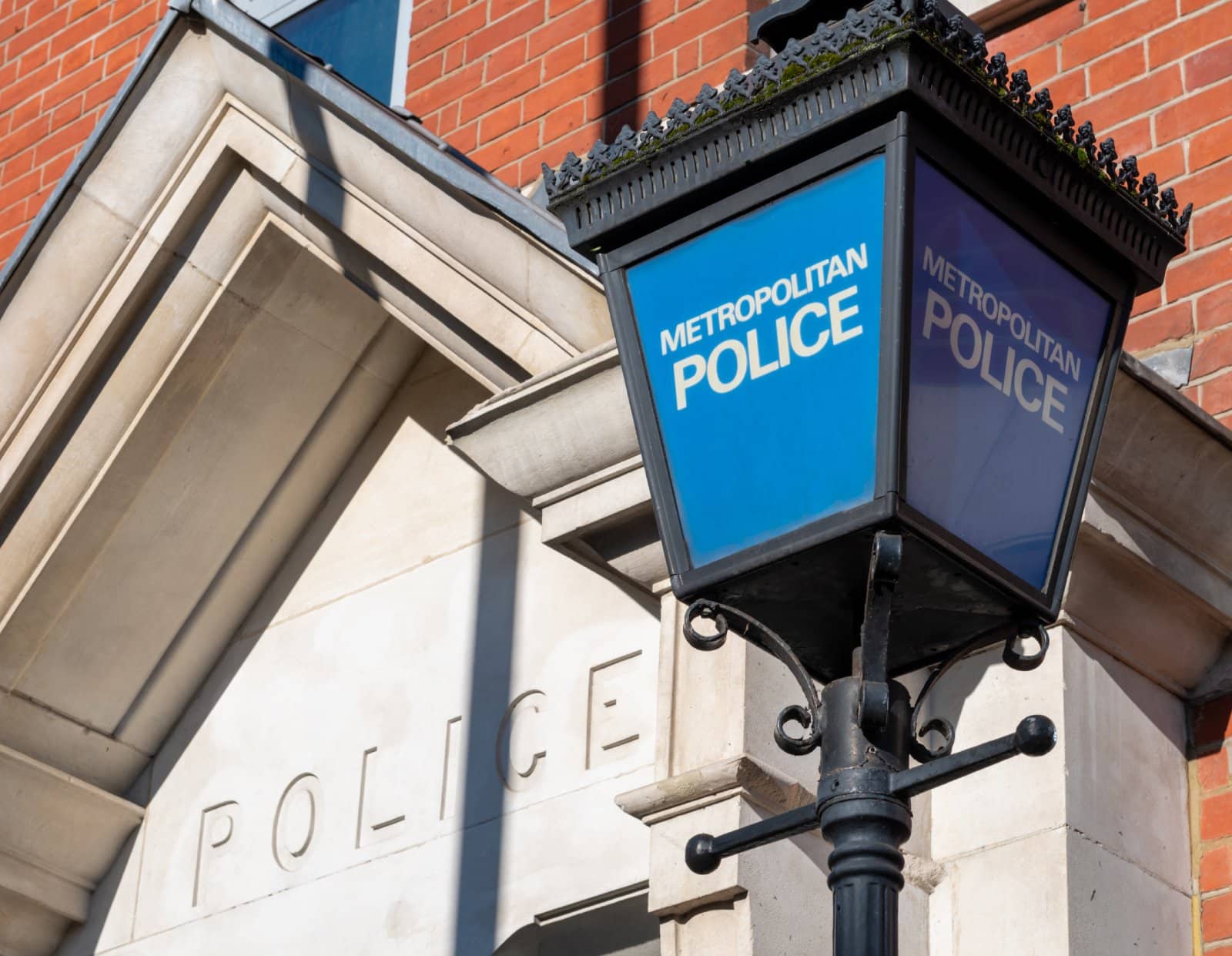
Sir Keir has suggested that improved relations with the EU would include closer ties in defence and security. According to the Labour manifesto, the party seeks a new security agreement with the EU to access real-time intelligence and enable joint investigations, indicating a push for deeper collaborative frameworks than those currently in place post-Brexit.
7. Rejoining the Single Market?
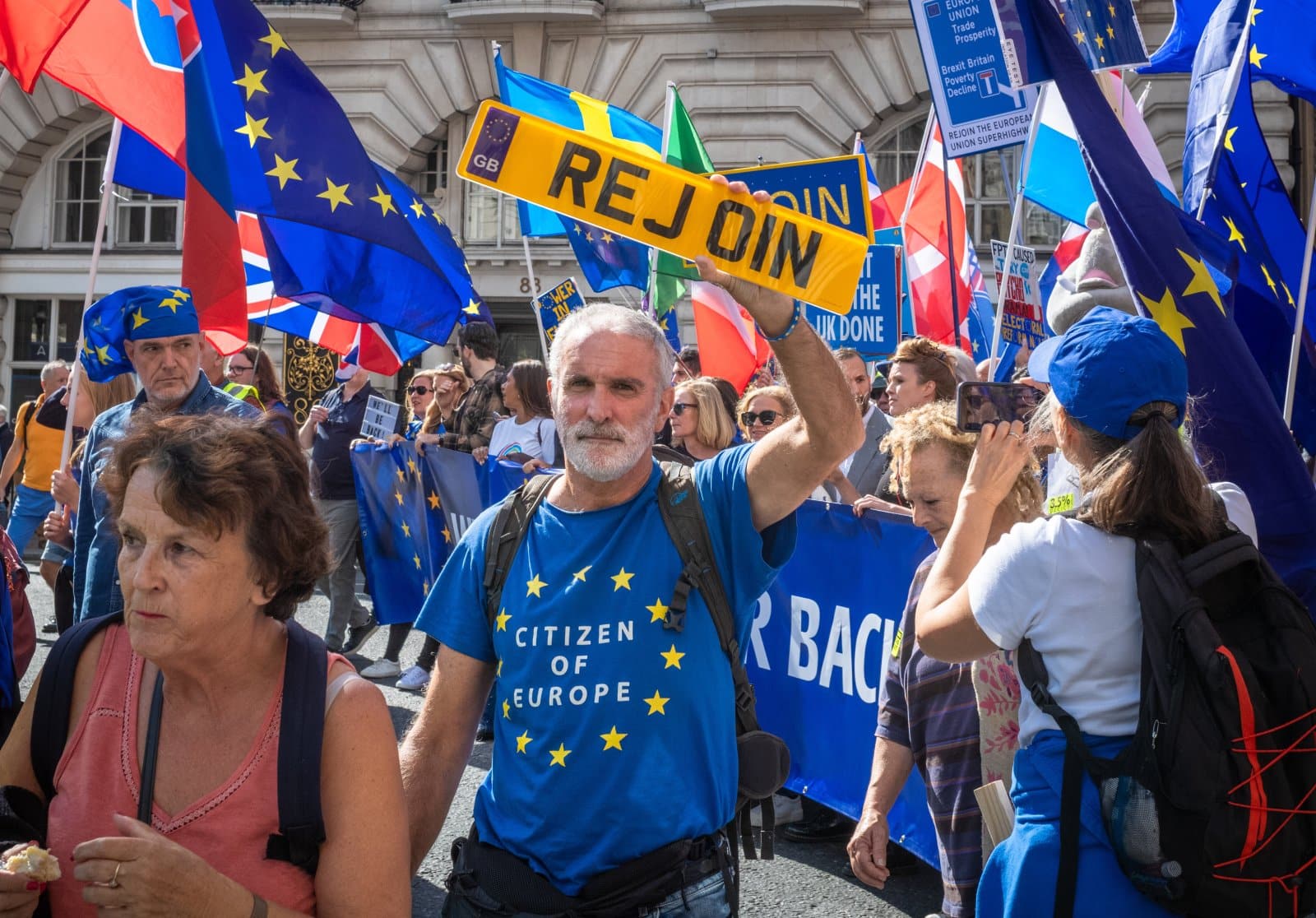
Despite Sir Keir’s assertion before the election that he did not foresee the UK rejoining the EU single market or customs union in his lifetime, his post-election rhetoric about achieving a better deal hints at potential negotiations that could edge towards tighter economic integration with the EU.
8. Incremental Policy Shifts

Labour’s strategy appears to be one of incremental adjustments rather than sweeping reversals. This gradualism is seen in policies geared towards aligning more closely with EU standards, particularly in areas like environmental regulations and workers’ rights, where divergence from EU policies was a celebrated outcome of Brexit.
9. Economic Pressures

Economic considerations could drive Labour towards closer EU ties. With post-Brexit trade issues affecting the economy, aligning more closely with the EU could be seen as a necessary step to stimulate growth and address trade disruptions that have emerged since leaving the EU.
10. Public and Business Sentiment
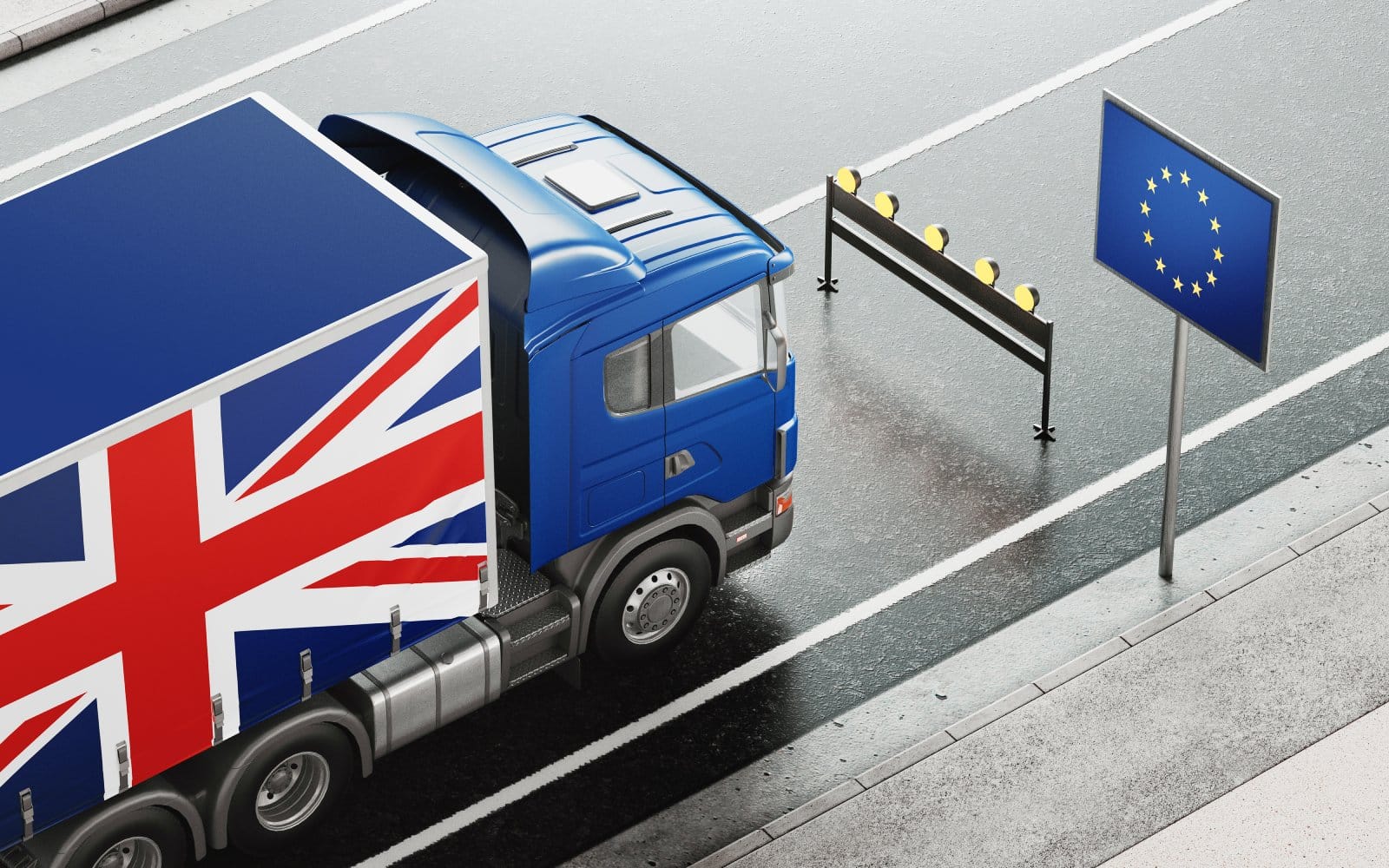
Public and business sentiment might influence Labour’s approach. With many industries, particularly manufacturing and creative sectors, suffering due to post-Brexit trade barriers and loss of EU labour, there is growing pressure on the government to alleviate these challenges through closer ties with the EU.
11. Political Calculations

Labour’s strategy also involves political calculations. By not overtly reversing Brexit but instead gradually increasing ties with the EU, Labour could maintain support from Remain-leaning voters without alienating moderate Leave supporters who are disillusioned with the current state of Brexit under the Conservative government.
12. Trade Agreements and Global Strategy

The global trade environment and the need for robust trade agreements may also nudge Labour towards the EU. As the benefits of predicted global free trade agreements have not fully materialized post-Brexit, there may be a strategic recalibration towards strengthening ties with the EU, Britain’s largest and closest trading bloc.
13. Legal and Regulatory Alignment

Labour may pursue closer legal and regulatory alignment with the EU to facilitate trade, reduce bureaucratic burdens, and improve security cooperation. This alignment might include adopting EU standards in various sectors, which could simplify operations for businesses engaged in trans-European activities.
14. Migration and Demographic Considerations

Addressing skill shortages and demographic challenges could lead Labour to seek more open migration policies with the EU, particularly for sectors like healthcare, education, and technology, where there are significant skill gaps that EU workers traditionally filled.
15. Cultural and Educational Reintegration
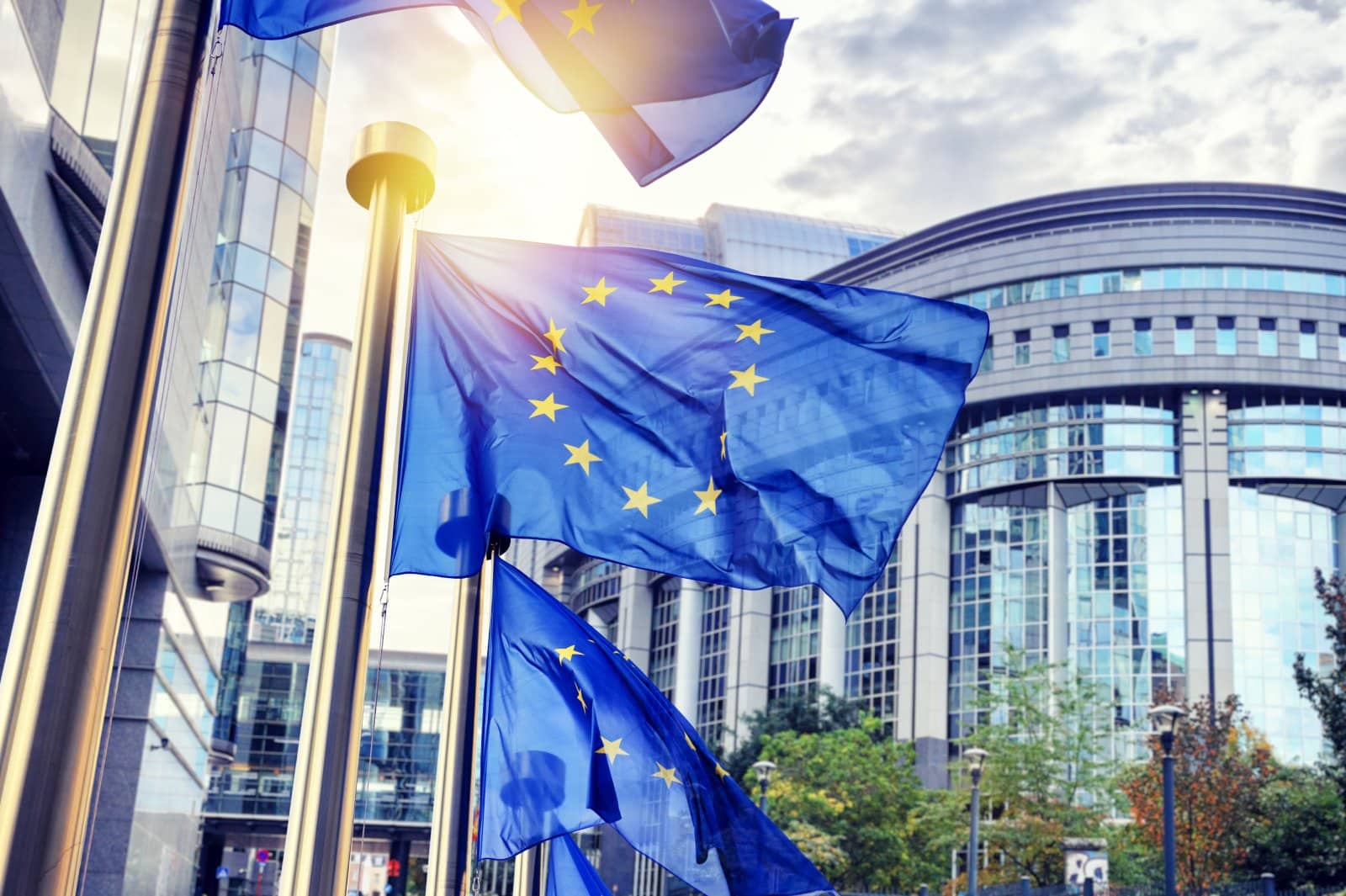
Efforts to reintegrate culturally and educationally with the EU, such as rejoining the Erasmus programme, would not only benefit students but also serve as a symbol of renewed partnership with Europe.
16. Security and Intelligence Sharing

Enhancing security and intelligence-sharing mechanisms with the EU could be a priority for Labour, as these areas have suffered post-Brexit due to the UK’s exclusion from key EU security databases and frameworks.
17. Environmental and Climate Policy

Labour may align closely with the EU on environmental and climate policies, aiming to not only address global challenges but also to re-establish the UK as a leading voice in international climate discussions, which often take place within an EU context.
18. Financial Services and Investment

Financial services, a critical sector for the UK economy, might see Labour pushing for agreements that restore some of the market access lost post-Brexit, which could entail closer regulatory alignment with the EU.
19. Tourism and Mobility

To boost tourism and general mobility between the UK and EU, Labour could negotiate deals that ease travel restrictions and simplify visa processes, benefiting both British and European citizens.
20. Long-Term Strategic Realignment
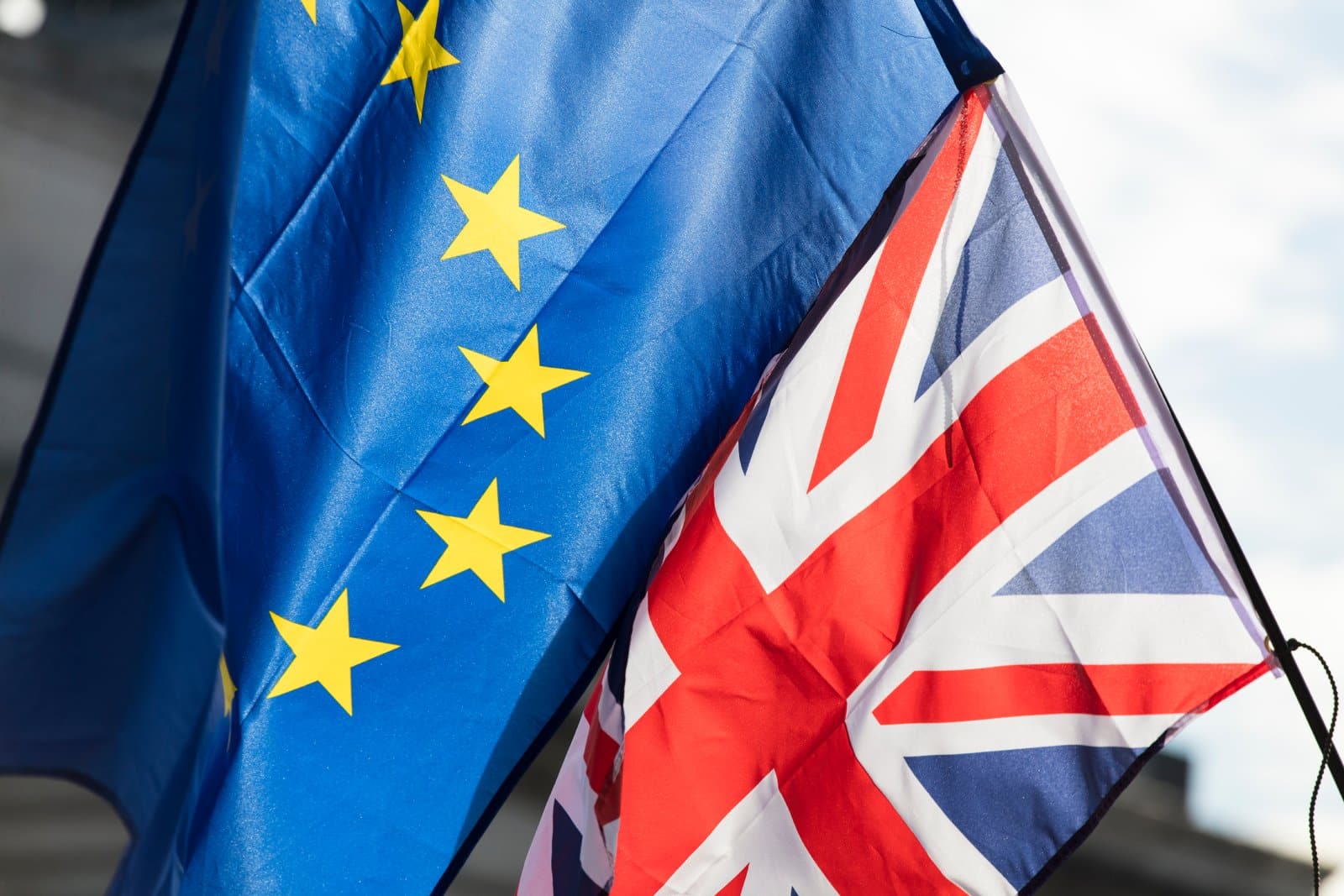
Ultimately, Labour may view a long-term strategic realignment with the EU as beneficial from both a geopolitical and economic perspective, particularly as global dynamics evolve and the costs of a hard Brexit become more apparent.
Change Ahead
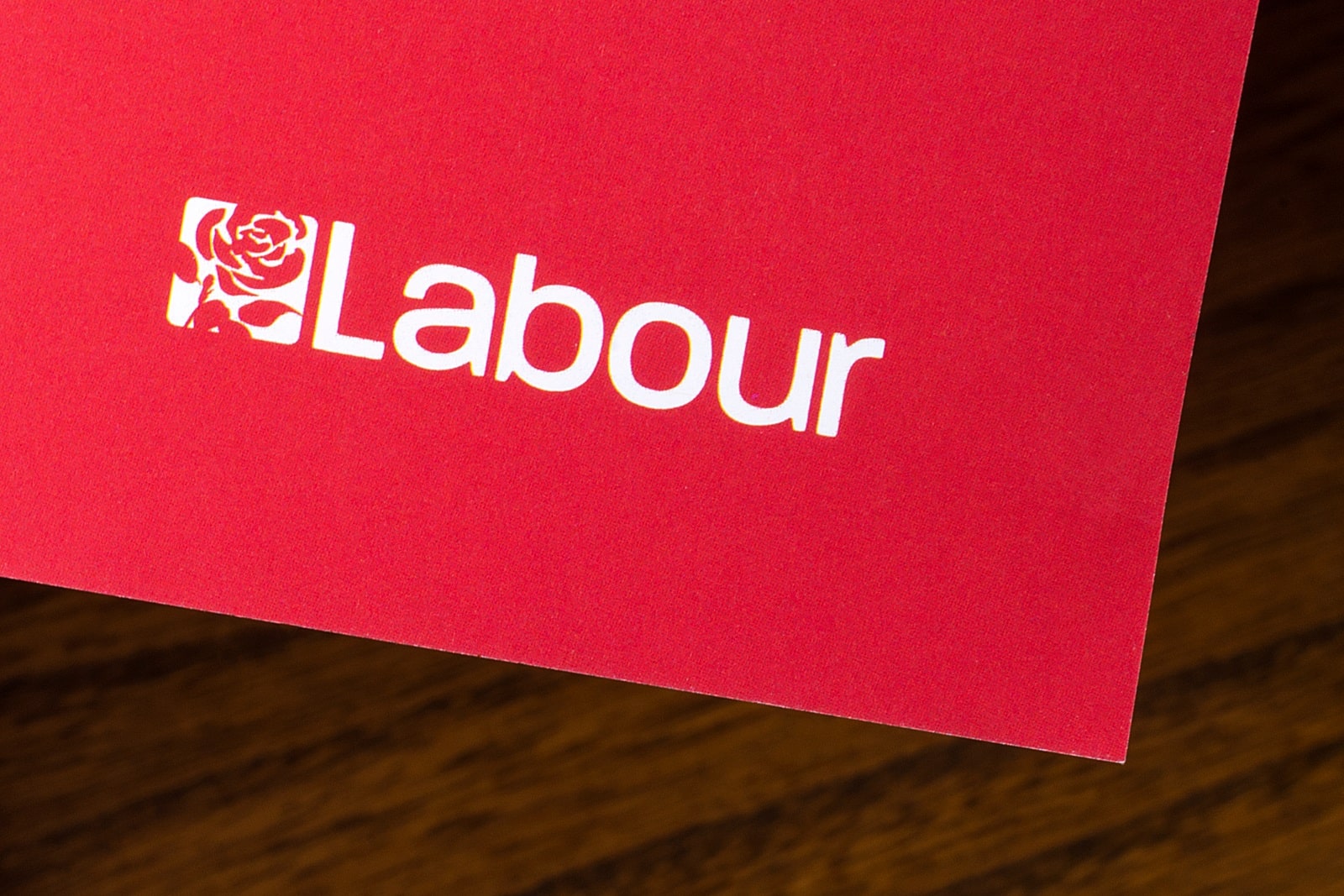
These signs, taken together, suggest that while a dramatic reversal of Brexit is unlikely, Labour’s approach might very well lead to a softening of the hard lines drawn by previous administrations. Whether this constitutes a “back door” reversal of Brexit will depend on the extent and depth of these engagements with the EU.
Brace for Impact: The Tax Increase Labour Denied Has Arrived, Reeves Delivers a Grim Outlook
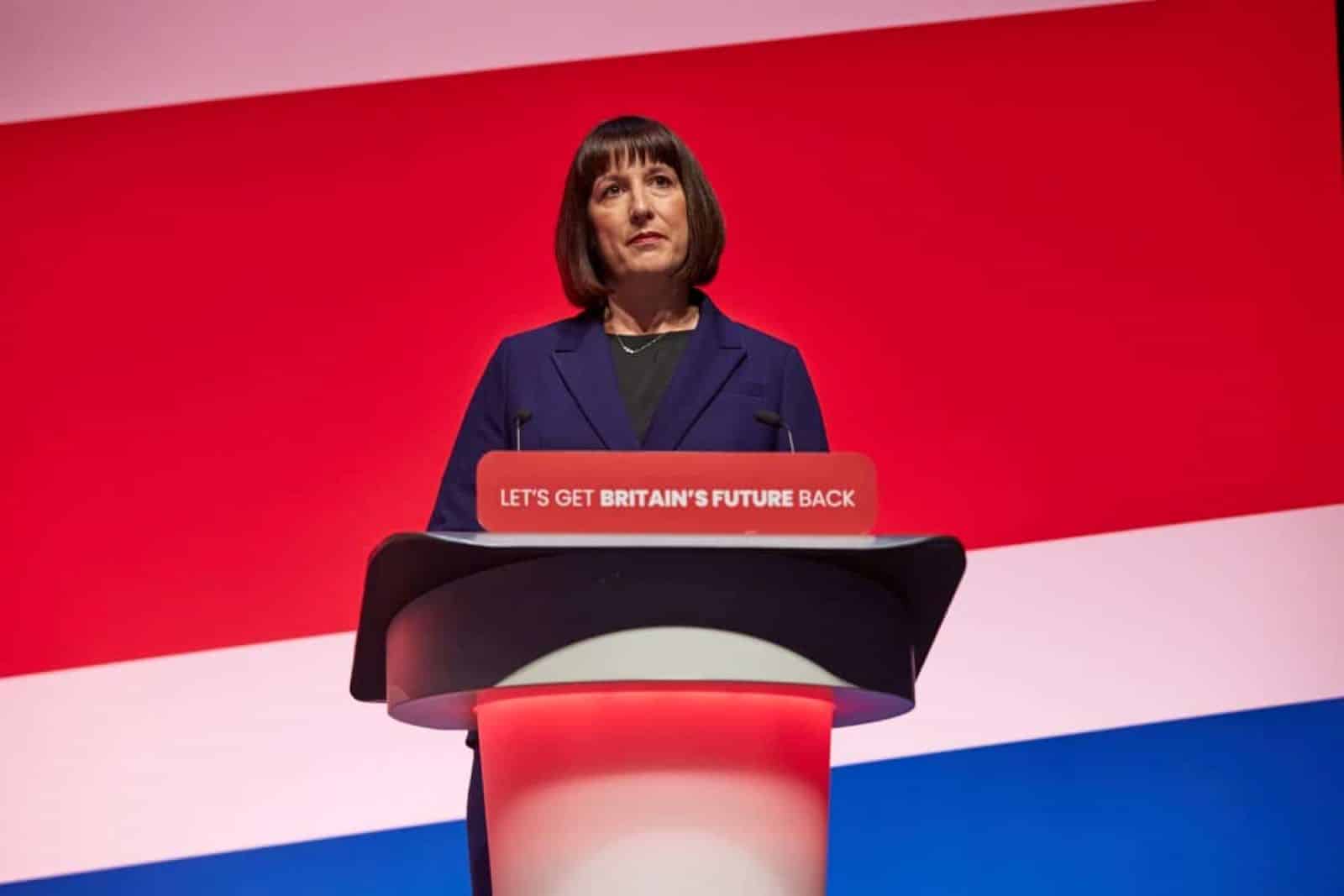
Rachel Reeves delivers the gloomy news, and citizens have to accept the inevitable. The tax increase might complicate finances for some households and businesses. Brace for Impact: The Tax Increase Labour Denied Has Arrived, Reeves Delivers a Grim Outlook
Russia Issues Ultimatum to UK Over Ukraine’s Use of British Arms
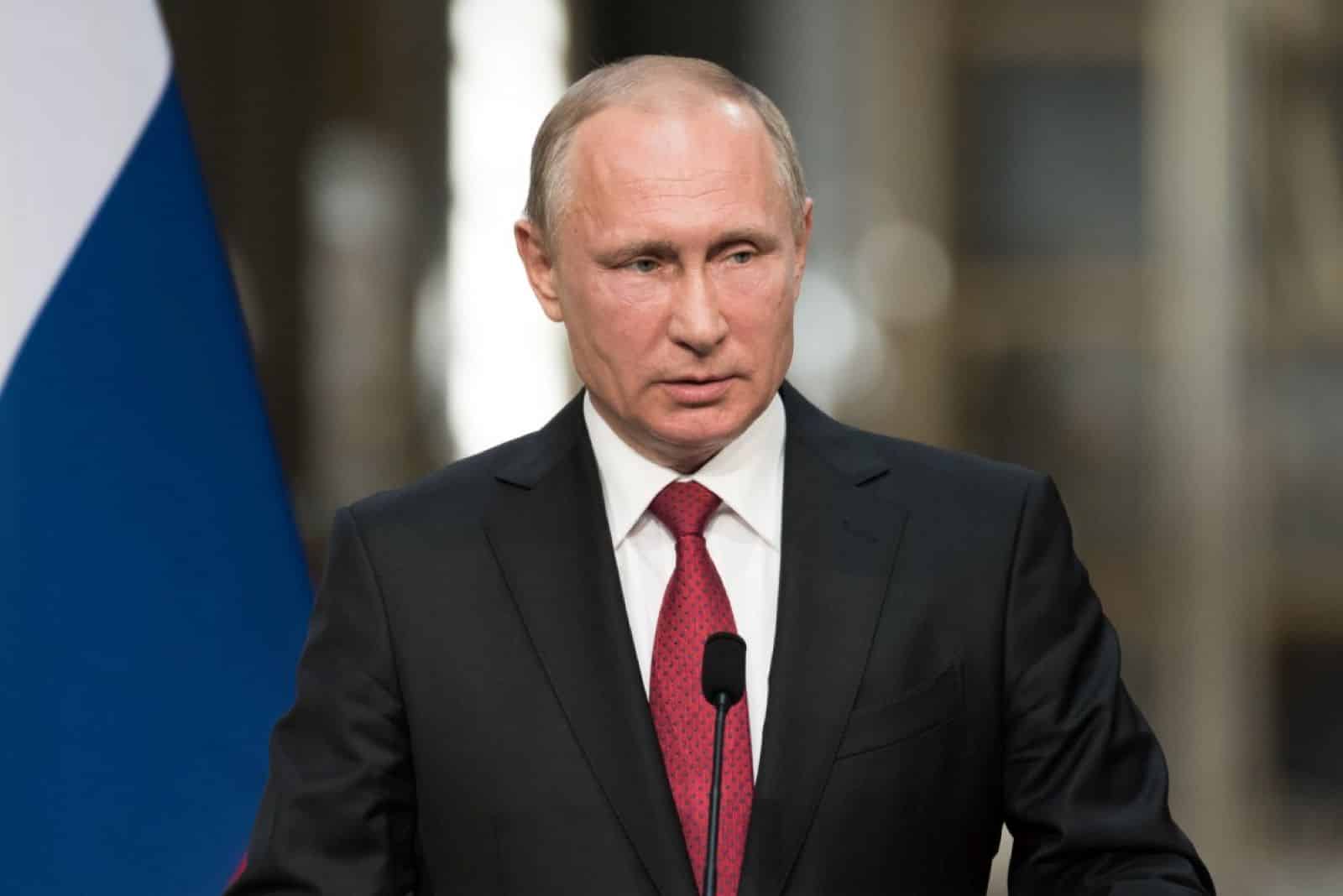
Russia has threatened to attack British targets if Ukraine uses UK-supplied weapons amid rising tensions and the recent arrest of a British man charged with spying for Russia. Here’s the full story. Russia Issues Ultimatum to UK Over Ukraine’s Use of British Arms
Tommy Robinson Sparks National Outrage With Far-Right ‘We Want Our Country Back’ Protest in London

Police had their work cut out at a recent protest led by Tommy Robinson in London. Full story. Tommy Robinson Sparks National Outrage With Far-Right ‘We Want Our Country Back’ Protest in London
Featured Image Credit: Shutterstock / Martin Suker.
The images used are for illustrative purposes only and may not represent the actual people or places mentioned in the article.

